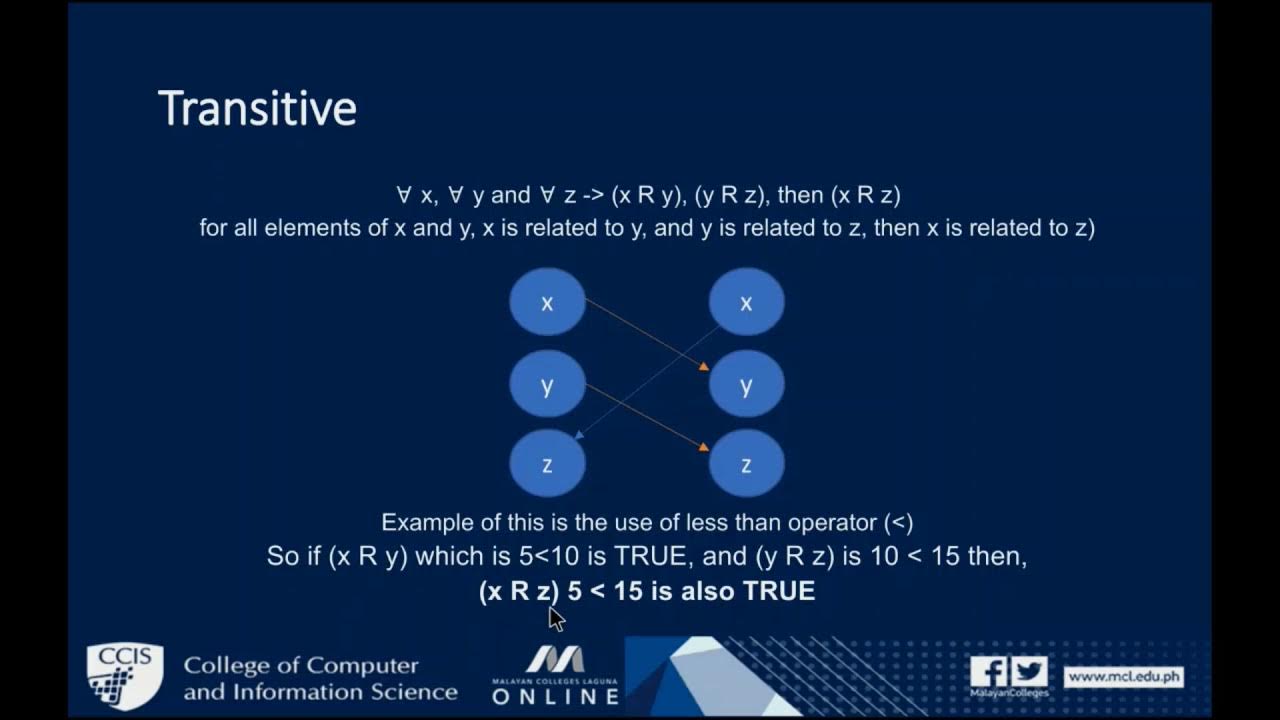materi hubungan industrial
Summary
TLDRThis video script delves into the concept of industrial relations, defining it as the interconnected relationships among all stakeholders involved in the production process within a company. These stakeholders include entrepreneurs, workers, suppliers, consumers, the community, and the government. The primary goal is to improve working conditions, economic status, and the social standing of workers and their families. It emphasizes the importance of harmonious industrial relations through cooperation between employers and employees to ensure worker welfare and economic growth for both the company and the nation. The script outlines the principles of industrial relations, including mutual interests, partnership, functional relationships, and the scope of issues, which covers all problems related to the relationship between workers, employers, and the government. It also discusses mechanisms for resolving industrial disputes, such as bipartite and tripartite negotiations, mediation, conciliation, arbitration, and legal proceedings.
Takeaways
- 🏭 Industrial relations refer to the relationships among all parties involved or interested in the production process of goods or services within a company.
- 👷♂️ Stakeholders in industrial relations include employers, workers, suppliers, consumers, the company, the community, and the government.
- 🎯 The main goal of industrial relations is to improve working conditions, economic status, and the social status of workers and their families.
- 🤝 Harmonious industrial relations are achieved through cooperation between employers and workers to ensure workers' welfare and economic growth for the company and the nation.
- 👥 The tripartite principle of industrial relations involves the interests of employers, workers, the community, and the government working together.
- 🔄 The principles of industrial relations include mutual interests, partnership, functional relationships, family ties, and joint prosperity in work.
- 📋 The scope of industrial relations encompasses the entire range of workplaces where employers and workers collaborate to achieve business objectives.
- 🛠 The functional scope includes the roles of the government, workers or labor unions, and employers in industrial relations.
- 💡 The problem scope covers all issues directly or indirectly related to the relationships between workers, employers, and the government.
- 🤝 Cooperation mechanisms in industrial relations include bipartite and tripartite institutions, labor unions, employer organizations, and dispute resolution bodies.
- 📝 Tools in industrial relations include company regulations, collective labor agreements, and various types of industrial disputes.
- 🔧 Industrial disputes can be resolved through bipartite negotiation, tripartite negotiation involving mediation, conciliation, arbitration, and ultimately through the court system.
Q & A
What is industrial relations?
-Industrial relations is the relationship between all parties involved or having an interest in the production process of goods or services in a company. These parties include employers, workers or laborers, suppliers, consumers, user companies, the community, and the government.
What are the main objectives of industrial relations?
-The main objectives of industrial relations are to improve or enhance working conditions, economic conditions, and the social status of workers and their families, to establish harmonious industrial relations through cooperation between employers and workers to ensure workers' welfare and economic growth of the company and the country, and to participate in the national decision-making process through tripartite institutions.
Who are the parties involved in industrial relations?
-The parties involved in industrial relations include employers, workers or laborers, suppliers, consumers, user companies, the community, and the government.
What are the principles of industrial relations?
-The principles of industrial relations include mutual interests involving employers, workers or laborers, the community, and the government; mutually beneficial partnerships between workers or laborers and employers; functional relationships and division of tasks; a sense of family; creation of a conducive work environment; increased productivity; and improved overall welfare.
What are the three main scopes of industrial relations?
-The three main scopes of industrial relations are: scope of coverage, which includes all workplaces where workers and employers collaborate in a working relationship to achieve business goals; functional scope, which includes the functions of the government, workers or labor unions, and employers; and scope of issues, which covers all problems related, either directly or indirectly, to the relationship between workers, employers, and the government.
What institutions are involved in industrial relations?
-Institutions involved in industrial relations include bipartite cooperation institutions, tripartite cooperation institutions, labor organizations or labor unions, employer organizations, grievance and industrial dispute resolution institutions, company regulations, and collective labor agreements.
What types of industrial disputes are there?
-There are four types of industrial disputes: disputes over rights, disputes over interests, disputes over termination of employment (PHK), and disputes between labor unions within the same company.
How can industrial disputes be resolved?
-Industrial disputes can be resolved through bipartite negotiations, tripartite negotiations including mediation, conciliation, and arbitration, and through the industrial relations court.
What is the function of tripartite cooperation institutions in industrial relations?
-Tripartite cooperation institutions function to facilitate national decision-making processes involving representatives from the government, employers, and workers or labor unions to address issues related to industrial relations and ensure balanced interests.
What is the role of the government in industrial relations?
-The role of the government in industrial relations includes setting policies, regulations, and frameworks to ensure fair and equitable treatment of workers, promote harmonious industrial relations, and contribute to the economic growth and welfare of the society.
Outlines

此内容仅限付费用户访问。 请升级后访问。
立即升级Mindmap

此内容仅限付费用户访问。 请升级后访问。
立即升级Keywords

此内容仅限付费用户访问。 请升级后访问。
立即升级Highlights

此内容仅限付费用户访问。 请升级后访问。
立即升级Transcripts

此内容仅限付费用户访问。 请升级后访问。
立即升级5.0 / 5 (0 votes)






